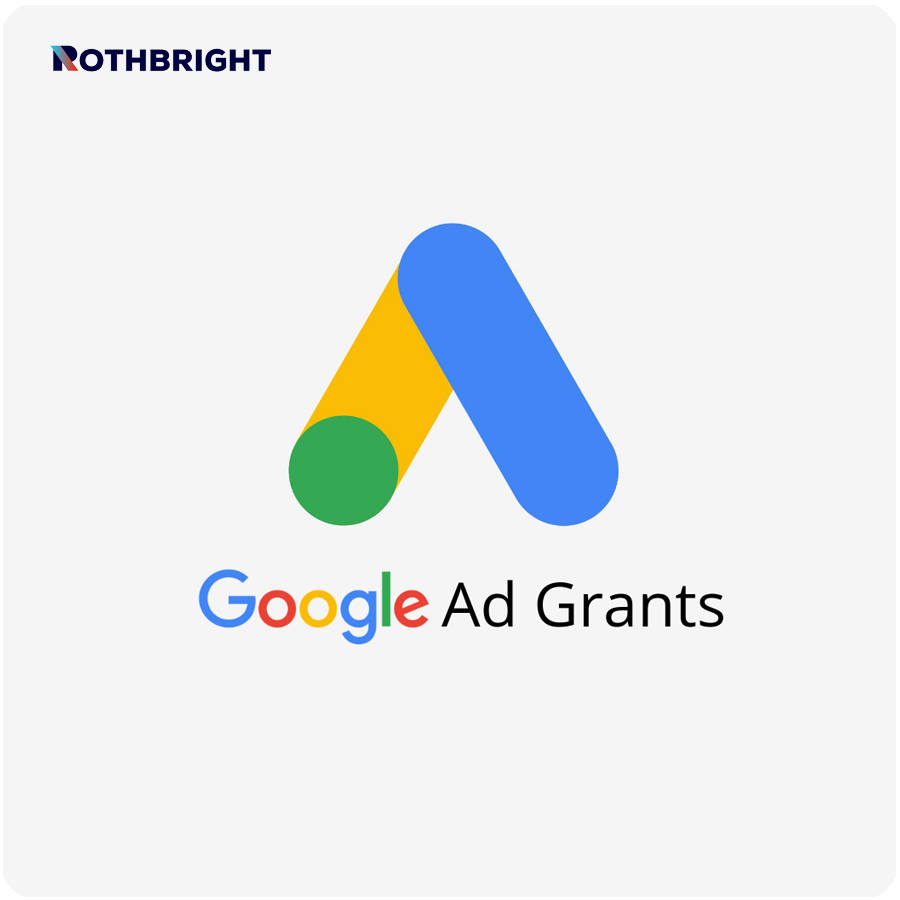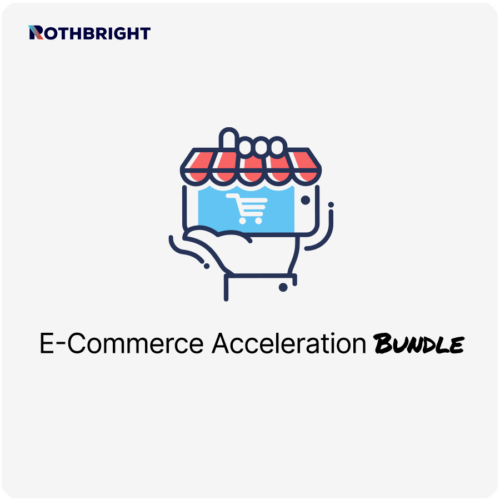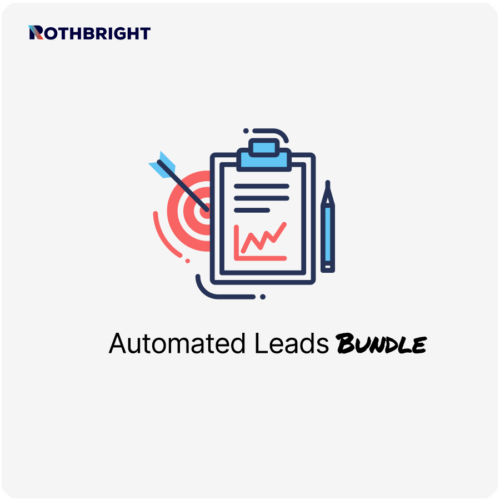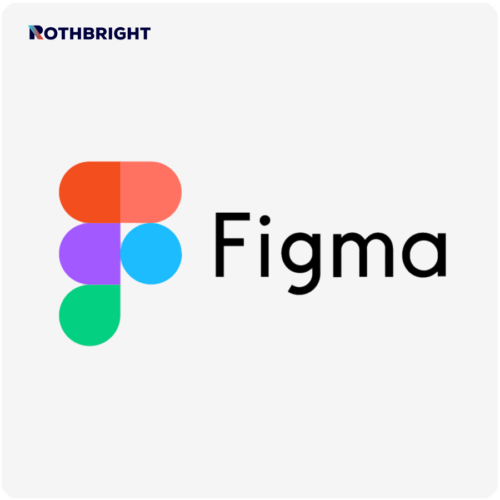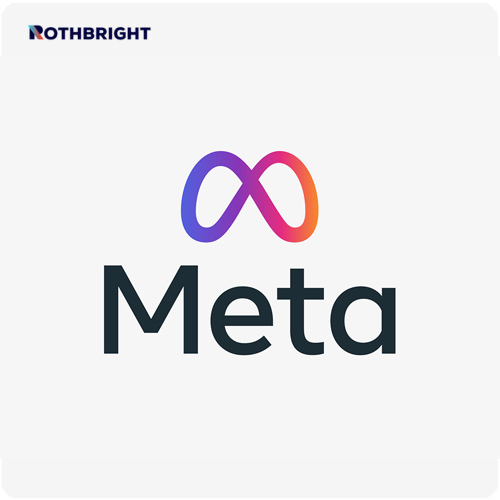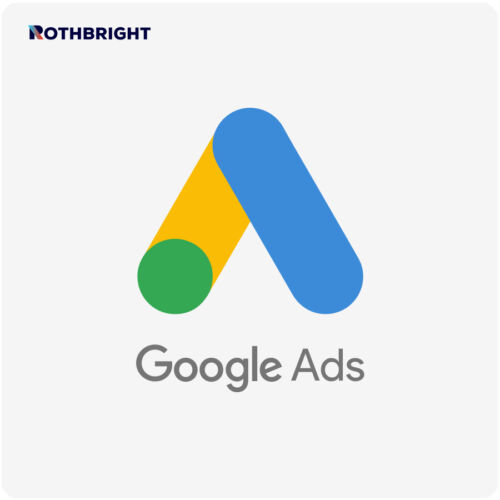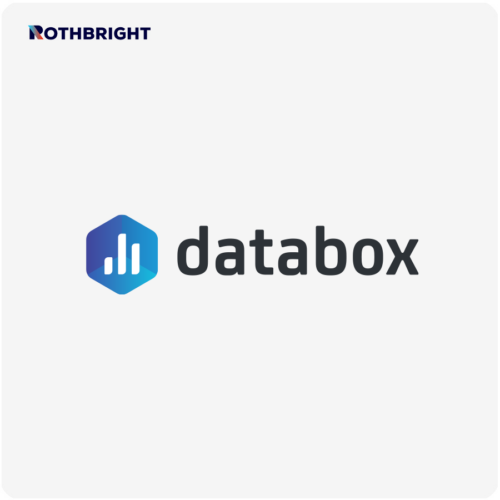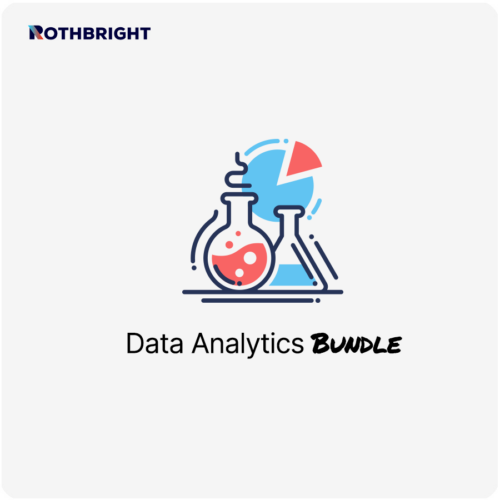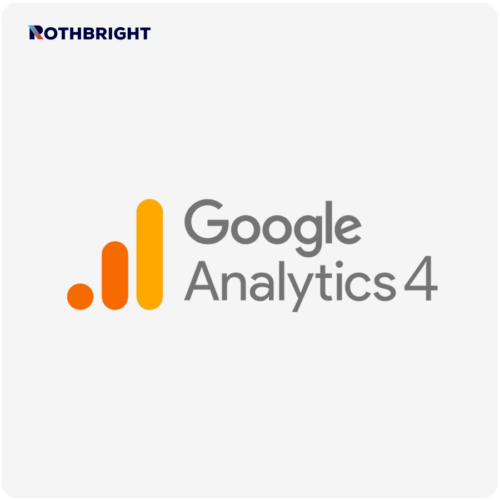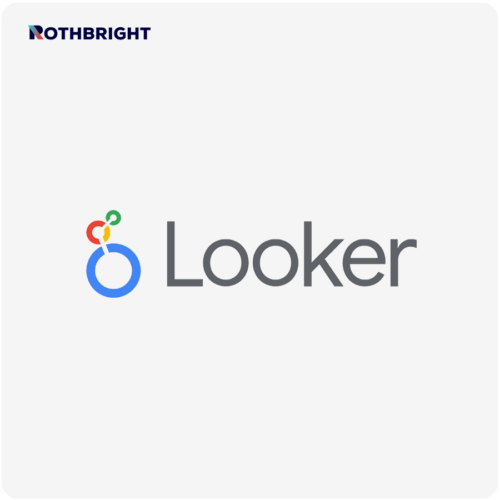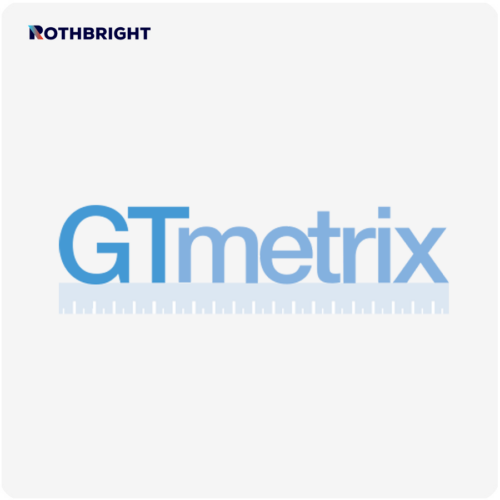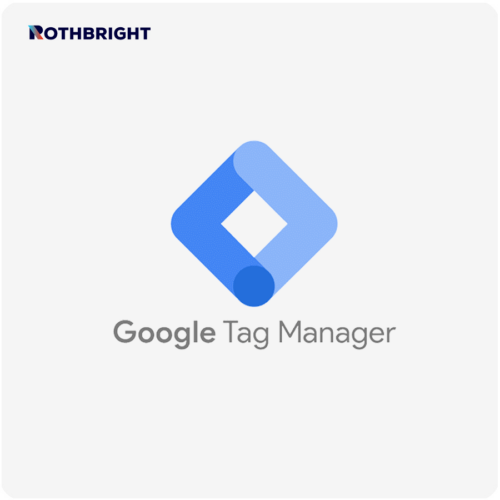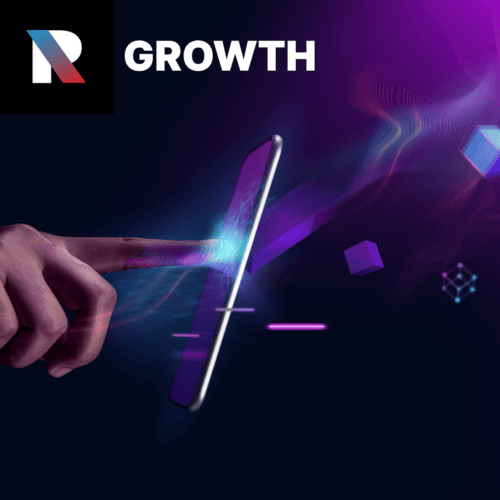Pay Per Click
PPC stands for Pay-Per-Click, a digital advertising model in which advertisers pay a fee each time their ad is clicked. It is a way of buying visits to a website rather than earning those visits organically through search engine optimization (SEO). PPC ads appear on search engine results pages (SERPs), social media platforms, websites, and other digital platforms, and advertisers bid on specific keywords or target audience demographics to display their ads to a relevant audience.
Here are the key components and aspects of PPC advertising:
PPC advertising offers businesses the opportunity to reach a targeted audience, generate traffic, and drive conversions quickly. It provides measurable results, allowing advertisers to track their return on investment (ROI) and make data-driven decisions to optimize their campaigns for better performance.
What does a PPC advertising Specialist do:
A PPC (Pay-Per-Click) specialist, also known as a PPC analyst or PPC manager, is a digital marketing professional who specializes in managing and optimizing pay-per-click advertising campaigns. Their primary goal is to drive targeted traffic to a website or landing page while maximizing the return on investment (ROI) for the advertising budget. Here’s what a PPC specialist does in more detail:
In summary, a PPC specialist is responsible for planning, executing, monitoring, and optimizing pay-per-click advertising campaigns to drive targeted traffic, increase conversions, and achieve business goals. Their expertise lies in strategic campaign management, data analysis, and continuous optimization to deliver maximum ROI for businesses.
Why is PPC advertising important:
PC (Pay-Per-Click) advertising is important for several reasons, making it a valuable digital marketing strategy for businesses of all sizes. Here’s why PPC ads are important:
In summary, PPC advertising is important because it offers immediate visibility, precise targeting, cost control, measurable results, customization, remarketing opportunities, brand exposure, competitive advantage, flexibility, and the ability to test and iterate quickly. By leveraging these advantages, businesses can effectively reach their target audience, drive conversions, and achieve their marketing goals.



